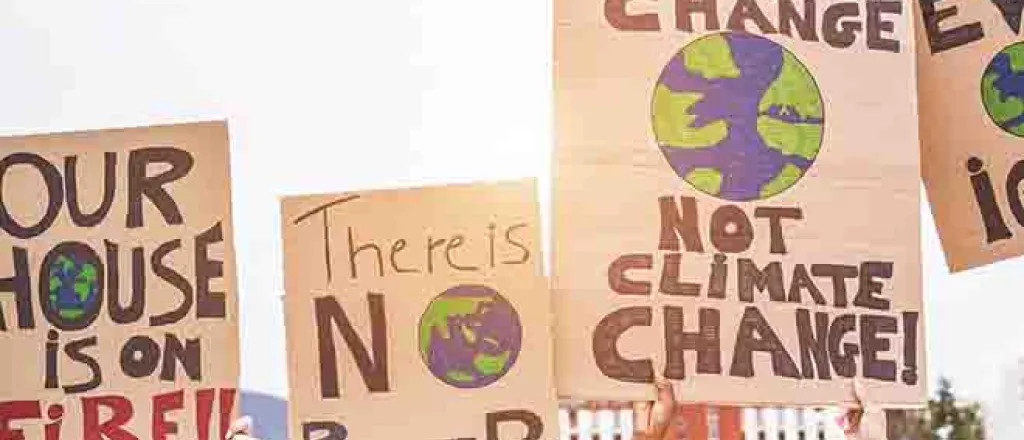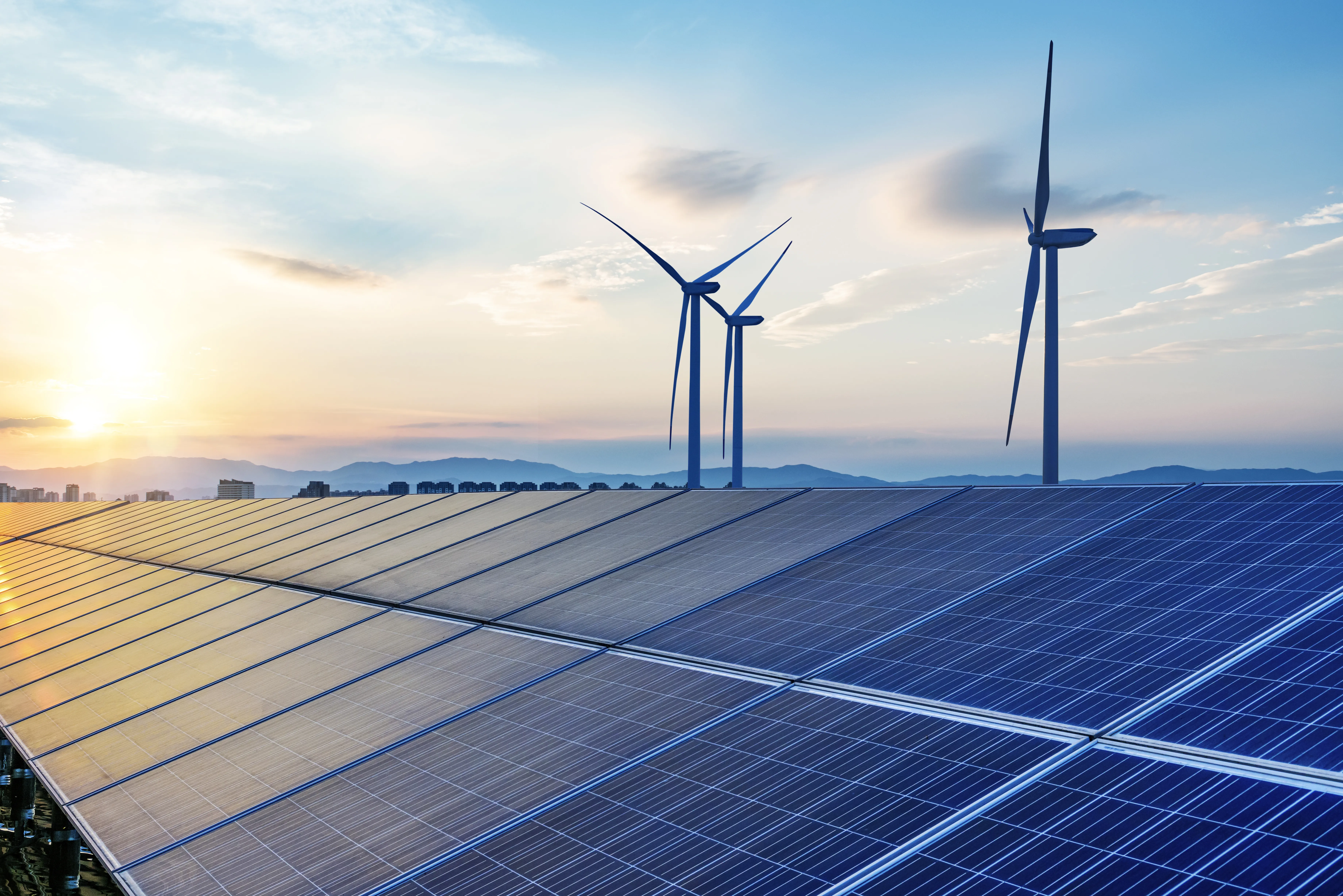
Survey: Majority of Floridians support candidates who back climate action
Click play to listen to this article.
(Florida News Connection) According to a Florida Atlantic University survey, most Floridians prefer political candidates who support action on climate change.
The poll, conducted before hurricanes Helene and Milton made landfall, found 52 percent of respondents favored candidates with a climate-focused record. The Invading Sea Florida Climate Survey also highlights a significant partisan divide, with 74 percent of Democrats, 35 percent of Republicans and 39 percent of unaffiliated voters expressing a preference for candidates prioritizing climate issues.

Colin Polsky, professor of geosciences at Florida Atlantic University, noted while the divide is narrower than the national average and has decreased among Floridians compared with previous surveys, it helps explain the slow pace of efforts to reduce emissions in the Sunshine State.
"There's still some legacy partisanship and specifically around weaning from fossil fuels," Polsky pointed out. "People think it's a Sunshine State and they seem to think solar energy is a great thing based on our survey result but when it comes to policy to promote it, there's still a very stark partisan divide."
The poll was conducted Sept. 4-6. It also found strong bipartisan support for renewable energy, with 75 percent of respondents across party lines agreeing Florida should diversify its energy mix. In addition, the survey showed most Floridians, 88 percent, believe climate change is happening.
While climate change is important to many Floridians, Polsky does not expect it to be a determining issue in the 2024 elections.
"It's not the number one issue. It's not even in the top five, I would say," Polsky observed. "I would not expect climate change to have a determining effect on elections this year, in 2024. That could change."
In the meantime, Polsky emphasized the need for a shift in how climate issues are discussed, advocating for what he calls "humble climate politics." He explained on the left, there can be condescending attitudes toward those who do not believe in or act on climate change, while on the right, misinformation and disinformation are prevalent.
Polsky suggested a more humble approach is necessary, one seeking to understand what the other side is genuinely feeling or objecting to.

















